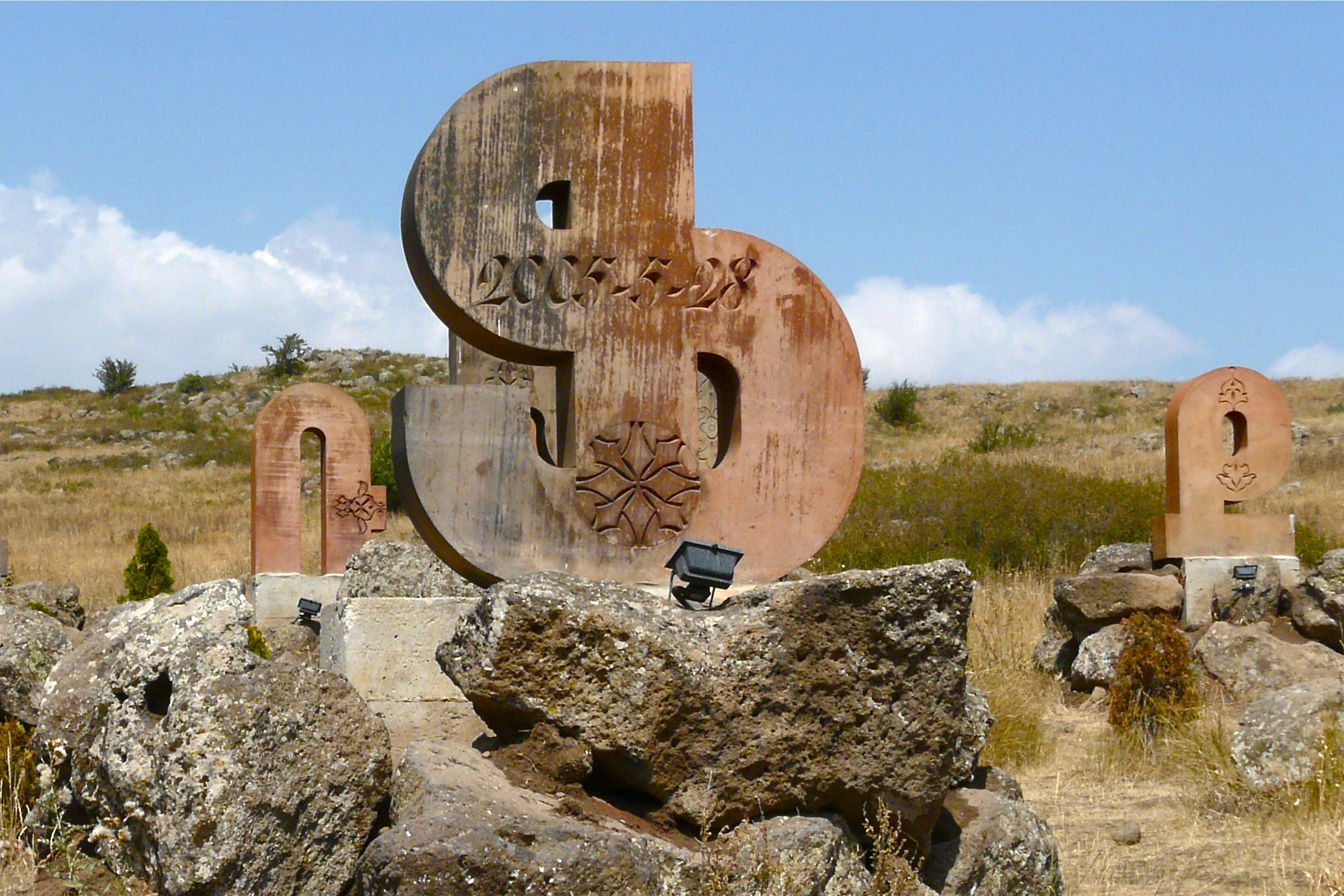Irish Travellers and their Language
Now I must begin with a confession: I have never been to Ireland and I do not personally know any Irish Travellers, but I have always been fascinated by their language. I know that there are some every year in my hometown in Denmark, and most often they are heading north with their caravans. I once saw, on my way to work, a group at Tangkrogen in Aarhus, but when I came back they were gone. As far as I understood, they were sent away by the police.
Irish Travellers are a minority ethnic group. This status was recognised by the Irish State on 1st March 2017. The Equal Status Act refers to Irish Travellers in the following way: “Traveller … ↪






